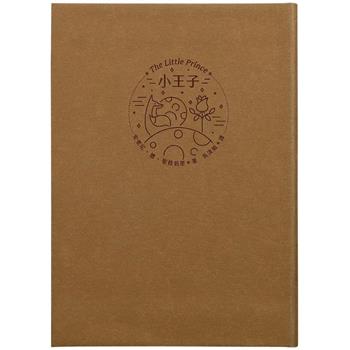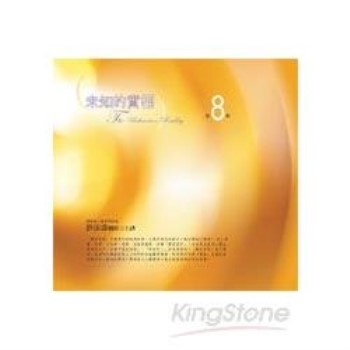Passover holds immense significance in Jewish life, deeply rooted in history and shaping Jewish identity. This celebration has been enriched by diverse Jewish communities worldwide, who have added their own unique customs and traditions. Exploring these variations illuminates the creativity of the Jewish people, embellishing the ancient Exodus story and time-honored traditions.
The Passover sacrifice, foreshadowing a greater event, symbolizes freedom from eternal death through the Messiah’s sacrificial blood. In the absence of a Temple, Rabbinical law replaced the sacrifice with the seder ceremony, a memorial dinner commemorating liberation from Egyptian slavery and the journey to the Promised Land.
Christian and Messianic perspectives intertwine the Passover sacrifice with the Last Supper, emphasizing atonement, salvation, and the sacrificial death of the Messiah on the cross. The "Jesus in the Passover" demonstration, particularly when incorporated into a communion service, holds special significance.
Passover banquets, popular during the Passover/Easter season, provide a meaningful experience for churches, often held on Fridays or Saturdays.











